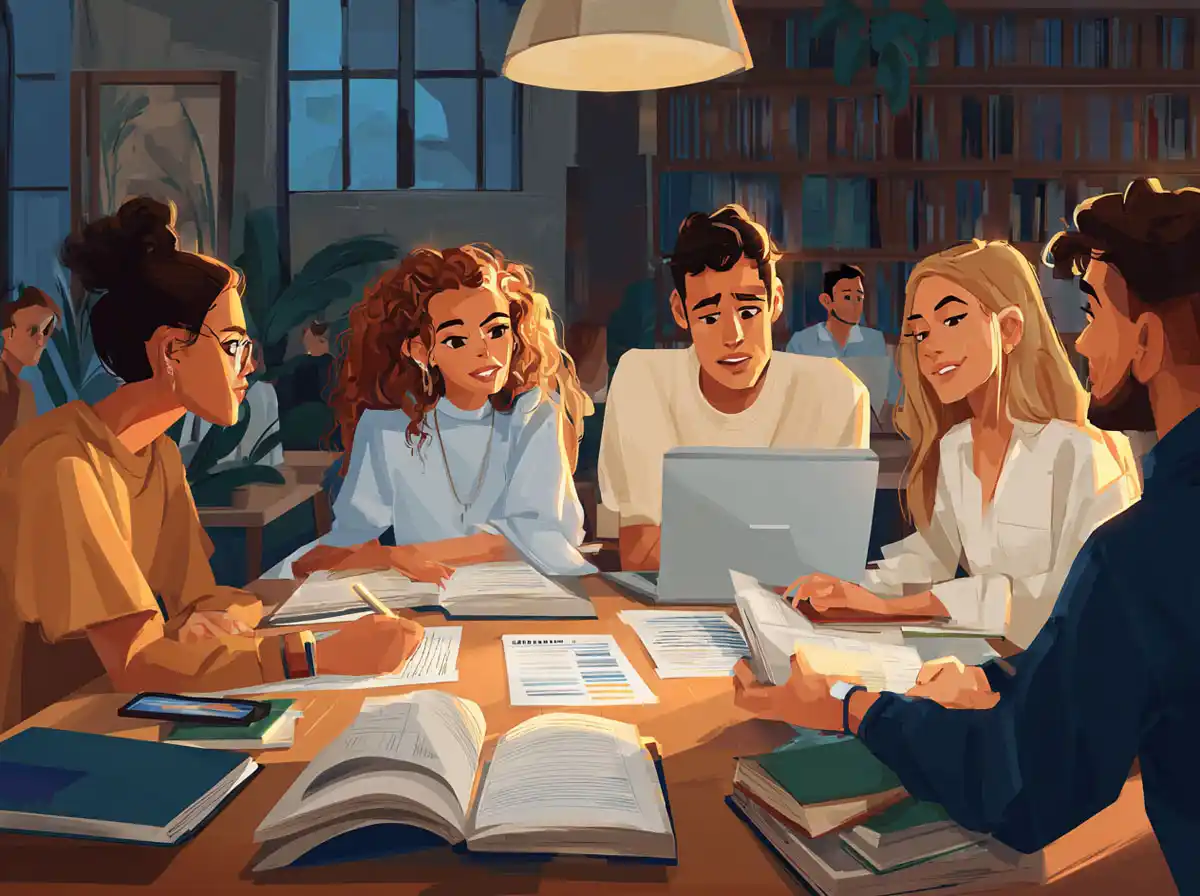Halló
Halló means “hello” and is a friendly greeting used at any time of the day.
Halló, hvernig hefurðu það? (Hello, how are you?)
Bless
Bless means “goodbye” and is a common way to part ways with someone.
Bless, sjáumst á morgun! (Goodbye, see you tomorrow!)
Já
Já translates to “yes” in English and is used to affirm or agree with a statement.
Já, ég vil gjarnan kaffi, takk. (Yes, I would like some coffee, please.)
Nei
Nei means “no” and is used to disagree or decline an offer.
Nei, takk, ég hef nóg. (No, thank you, I’ve had enough.)
Vinsamlegast
Vinsamlegast means “please” and is added to requests to make them more polite.
Geturðu vinsamlegast látið mig vita? (Can you please let me know?)
Takk
Takk is the word for “thank you” and is a universal expression of gratitude.
Takk fyrir hjálpina. (Thank you for your help.)
Afsakið
Afsakið means “excuse me” and is used to get someone’s attention or to apologize for a minor offense.
Afsakið, er þessi sæti laust? (Excuse me, is this seat taken?)
Hvernig hefurðu það?
Hvernig hefurðu það? is the phrase “How are you?” It’s a common question to inquire about someone’s well-being.
Halló, Jón! Hvernig hefurðu það? (Hello, Jón! How are you?)
Ég heiti…
Ég heiti… means “My name is…” and is used to introduce oneself to others.
Ég heiti Anna. Hvað heitir þú? (My name is Anna. What is your name?)
Ég skil ekki
Ég skil ekki translates to “I don’t understand” and is useful when you need clarification.
Ég skil ekki, geturðu endurtekið það? (I don’t understand, can you repeat that?)
Hvað kostar þetta?
Hvað kostar þetta? means “How much does this cost?” which can be very handy for shopping and transactions.
Hvað kostar þetta fallega hálsmen? (How much does this beautiful necklace cost?)
Ég tala ensku
Ég tala ensku means “I speak English.” It’s a phrase that could be useful when looking for someone who speaks English.
Ég tala ensku; talar einhver hér ensku? (I speak English; does anyone here speak English?)
Hvar er klósettið?
Hvar er klósettið? translates to “Where is the bathroom?” – an essential question for any traveler.
Afsakið, hvar er klósettið? (Excuse me, where is the bathroom?)
Góðan daginn
Góðan daginn means “Good day” or “Good morning.” It’s a polite greeting used until around noon.
Góðan daginn, hversu fagurt veðrið er í dag! (Good day, how beautiful the weather is today!)
By incorporating these words and phrases into your daily conversations, you’ll be well on your way to building a solid foundation in Icelandic. Remember that learning a language is a gradual process, so practice consistently and don’t be afraid to make mistakes—the key to language acquisition is immersion and repetition. Gangi þér vel (good luck) with your Icelandic language learning journey!










